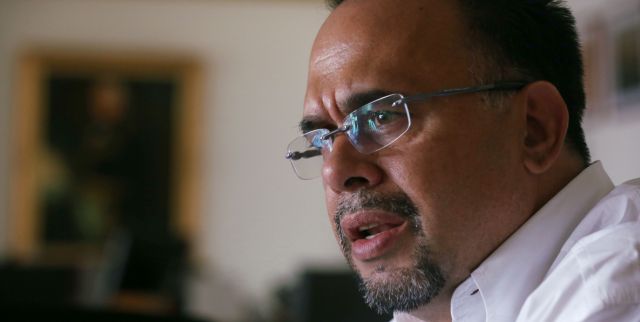España/08 junio 2016/Autor: Juan Ruiz Palacios/Fuente: Nuestra Tierra
El plan de Águilas ya tiene marcados sus primeras acciones, entre los que destacan un huerto culinario y un cactario en el instituto Rey Carlos II.
El Plan de Educación Ambiental de Águilas ya tiene sus primeros objetivos marcados. El primero de ellos será realizar un huerto culinario en el instituto Rey Carlos III, centro que cuenta con un módulo de FP de cocina. La Concejalía de Medio Ambiente pretende con esta medida que los alumnos creen un huerto con árboles frutales autóctonos que incluya plantas que tengan aplicación a la cocina, como tomillo, romero y laurel.
El instituto Europa también se ‘apunta’ a las medidas que contempla el plan. Está previsto que las hortalizas y los productos del jardín botánico los utilicen los chavales del módulo de Cocina para que elaboren pizzas, empanadillas y productos de repostería, cerrándose así la cadena con la degustación de todo esto por los alumnos que las hayan cultivado.
Otro de los proyectos marcados dentro del plan son la creación de un cactario en el IES Rey Carlos III, la potenciación del pequeño invernadero escolar creado por los alumnos del CEIP Mediterráneo y la puesta en marcha de un gran invernadero en el Centro Ocupacional Urci.
Por el momento, los centros educativos de Águilas no se han adherido formalmente al plan, aunque tienen plena disposición a hacerlo. De hecho, está previsto que en los próximos días se les haga llegar el plan para que los claustros y juntas directivas lo firmen. Además, la Concejalía está trabajando ya con todos los centros de Primaria en un proyecto conjunto de repoblación de parques urbanos, a tres años vista, que se quiere tener ultimado para el próximo otoño.
Participación activa
La idea que se marcan desde la Concejalía de Medio Ambiente de Águilas es llevar a cabo actividades en función de los problemas y necesidades que tengan los centros educativos. La concejal de Medio Ambiente de Águilas, Isabel María Torrente, asegura que, «aún siendo muy importantes las actuaciones que en este campo se han realizado tanto en centros educativos como por parte de otros colectivos, es notorio contar con una herramienta que permita unificar criterios, establecer líneas de actuación, marcar objetivos y promover la coordinación, el desarrollo, la implicación y la colaboración de los diversos sectores implicados». El método de trabajo se basa en la participación activa y se llevará a cabo a través de programas en los que todo aquel que esté interesado en participar podrá hacerlo mediante un formulario de adhesión.
Fuente:
http://nuestra-tierra.laverdad.es/formacion-y-voluntariado/noticias/4255-la-educacion-ambientalsumaa-los-estudiantes




















 Users Today : 19
Users Today : 19 Total Users : 35460228
Total Users : 35460228 Views Today : 24
Views Today : 24 Total views : 3418919
Total views : 3418919